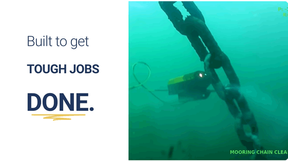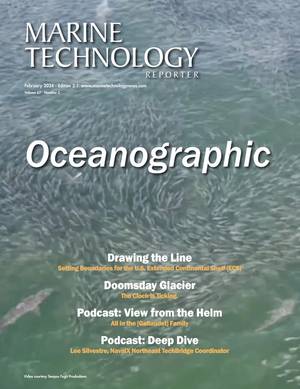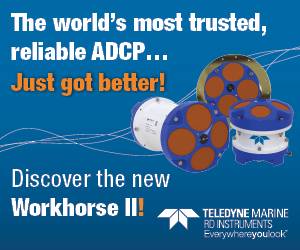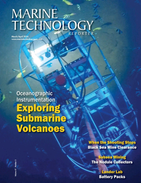New Research Ship to Identify how Brazilian Forests and Seas Affect World Climate
The Alpha Crusis is a 64 meter (213feet) long and 11 meter (36 feet) wide research ship, capable of carrying up to 20 passengers, weighing 972 tons and with a 40 day sailing autonomy. The research ship was bought by Fapesp (Foundation for the Support of Research of the State of São Paulo) from the University of Hawaii for use by the Oceanographic Institute of the University of São Paulo. The ships total cost including renovations ran at $11 million. When it belonged to the U of H, the ship was called the Moana Wave and was being run by NOAA until it was acquired by Brazilian Fapesp, after which it went through 10 months of renovations and refurbishing in a Seattle shipyard.
The new research ship will be launching buoys and deepwater sensors in various locations off the Brazilian coast in order to monitor hot and cold water current circulation in an ambitious project that has the goal of identifying how the forests and the sea in and around Brazil affect the global climate balance.
The Alpha Crusis will be substituting the Professor W. Besnard which was in use between 1967 and 2008, when it had a major fire and has been non-operational since.
Another ship, the Alpha Delphini, which was the first specialized oceanographic ship built in Brazil, is also part of the project. It is 25 meters long and will be launched from a shipyard in Fortaleza, northeast Brazil in July.
The Alpha Crusis is already in Brazilian waters after enduring harsh weather conditions when leaving Seattle, with rough seas and 10 meter waves that tested the ships seaworthiness and endurance. It has already undergone research equipment tests off the mouth of the Amazon River. It will be motoring down the Brazilian coast collecting samples, launching buoys and deepwater sensors at pre-established locations including many river mouths, underwater canyons, deepwater basins and reefs along the coast in a wide area which will take it close inshore and also over 100 nm offshore.
The Alpha Crusis is a DP (Dynamic Positioning) ship, which offers many advantages when collecting underwater data, especially in deep and ultra deep waters.
Claudio Paschoa
The Moana Wave when it was being operated by NOAA, before being refurbished and renamed the Alpha Crusis










 February 2024
February 2024



